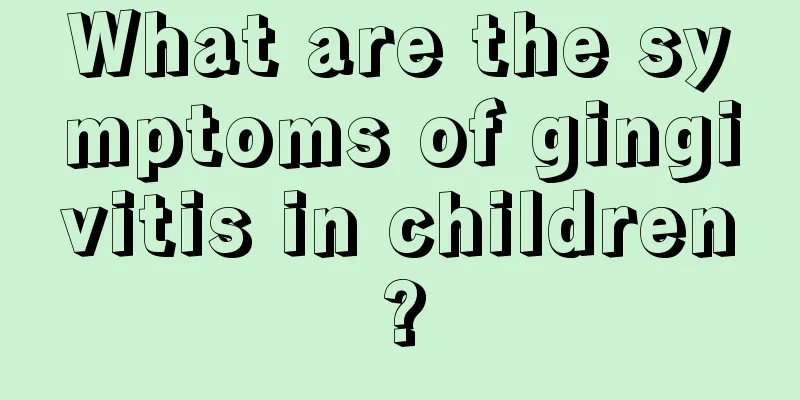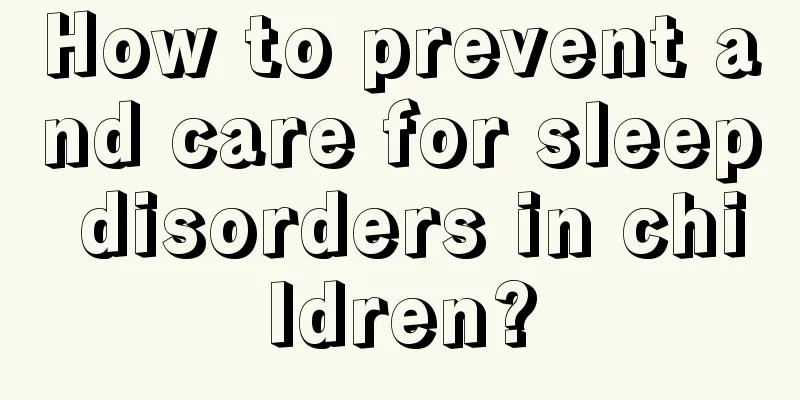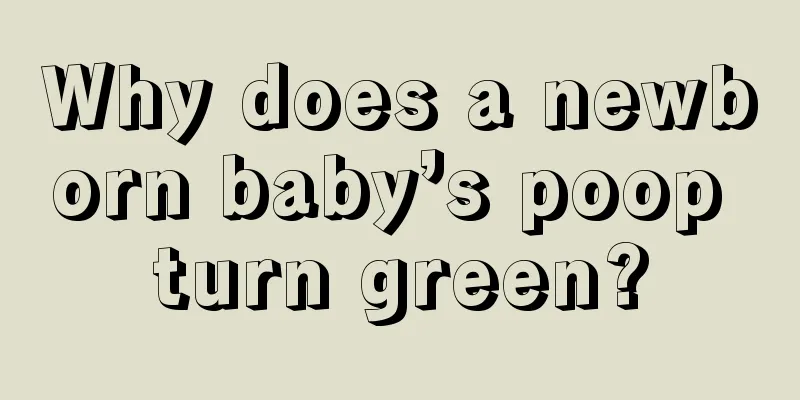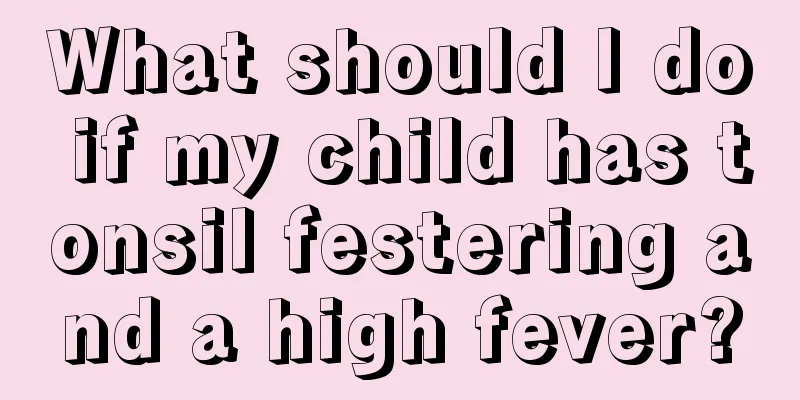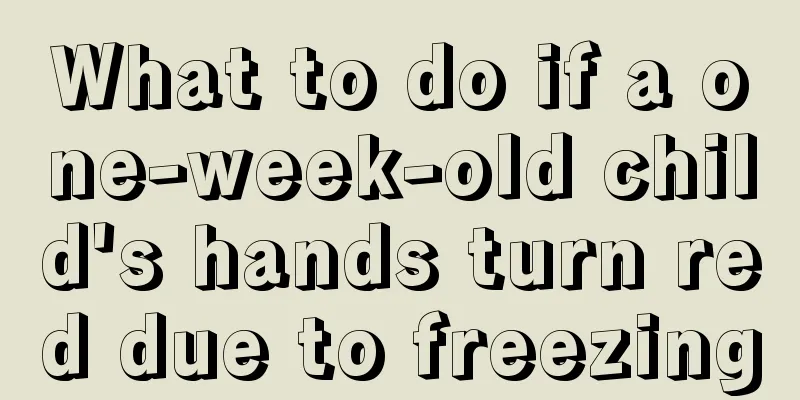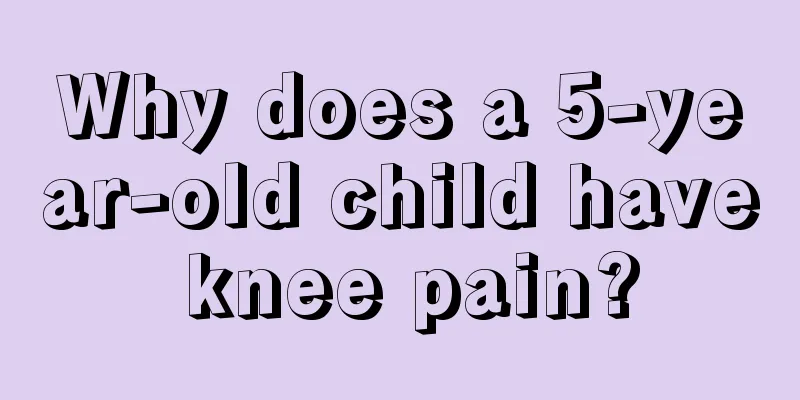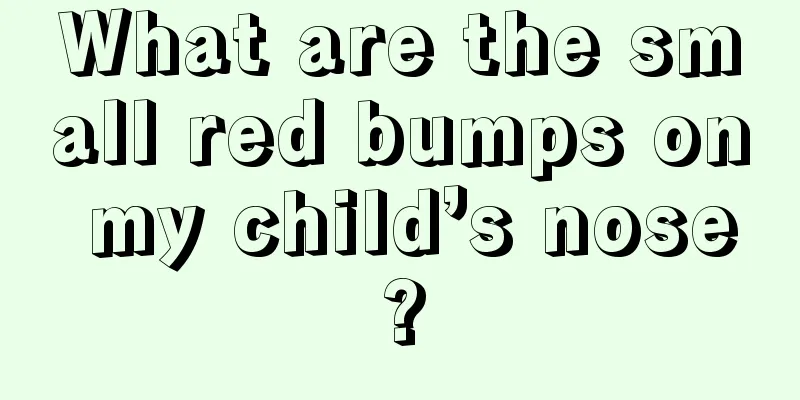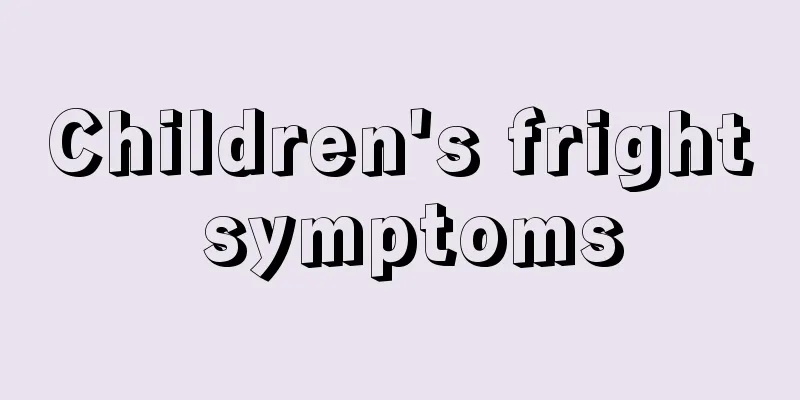What are the first aid measures for childhood convulsions?
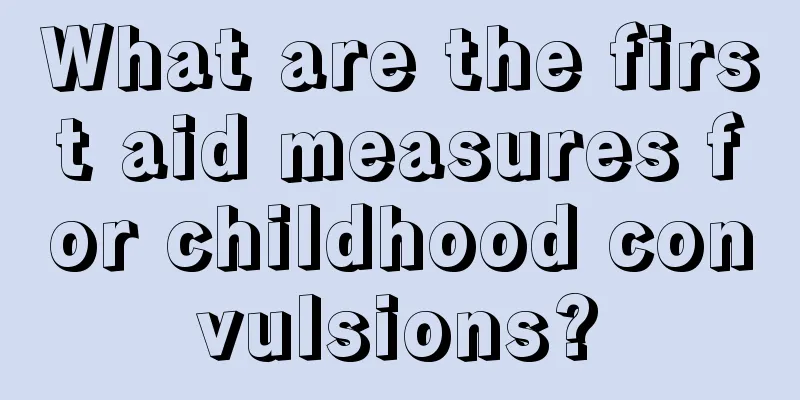
|
Children under the age of six have the weakest physical resistance. At this stage, the younger the age, the more likely they are to get sick. If you are not careful, or do not take good care of your diet and physical condition, your child will suddenly become ill. In addition to colds and fevers, there will be various gastrointestinal inflammations, tracheal inflammations, and infantile convulsions. Infantile convulsions may occur all year round, usually between the ages of 1 and 5. Children of this age must take preventive measures. No matter what the cause of infantile convulsions, they must go to the hospital for treatment and receive first aid to avoid brain tissue damage during the convulsion, or the upper and lower teeth from biting, which can cause convulsions in severe cases, and tongue biting during the disease. First aid for convulsions in children Its symptoms are often serious, change rapidly, and threaten the child's life. Western medicine calls it infantile convulsions. Among them, those with fever are mostly caused by infectious diseases, while those without fever are mostly caused by non-infectious diseases. In addition to the common epilepsy, there are also water and electrolyte disorders, hypoglycemia, drug poisoning, food poisoning, genetic metabolic diseases, brain trauma, brain tumors, etc. Regardless of the cause, convulsions should be controlled as soon as possible before going to the hospital, because convulsions can cause damage to brain tissue. 1. Place the child on his side on a flat bed to avoid airway obstruction and any irritation. If choking occurs, give mouth-to-nose breathing immediately. 2. You can wrap the chopsticks or spoon handle with a towel and place it between your upper and lower teeth to prevent biting your tongue. Acupuncture or manual guidance can be used on acupoints such as Ren Zhong and Nei Guan. 3. When you have a fever, apply ice cubes or a cold towel to your head and forehead. 4. Avoid feeding food during convulsion to avoid choking the patient. 5. Take oxygen immediately when you are suffering from hypoxia. Diazepam is the first choice for controlling convulsions. Slow intravenous injection of 0.1-0.3 mg/kg/time, effective in 1-3 minutes. It is best to rush to the hospital to find out the cause and control convulsions, fight infection and reduce fever at the same time. Preventive Care 1. Strengthen physical exercise in daily life to improve disease resistance. 2. Avoid infection from seasonal pathogens. Pay attention to food hygiene and do not eat rotten or spoiled food. 3. Get vaccinated regularly to avoid falls and shocks. 4. Children with a history of high fever convulsions should be cooled down in time and take anticonvulsant drugs when the fever first occurs. Nursing 1. When convulsing, do not use force to avoid sprains and fractures. Tilt the child's head to one side to prevent inhalation of vomit. Wrap the tongue depressor with gauze and place it between the upper and lower teeth to prevent biting the tongue. 2. Keep quiet and avoid stimulation. Pay close attention to changes in the condition. |
<<: How to treat cough and wheezing in children
>>: What is the best time to correct children's tooth deformity?
Recommend
Why is my child always thirsty?
Children often feel thirsty, which is normal in s...
What is rickets in children?
There are many common diseases in young children....
What kind of exercise can help children grow taller?
Height is a representation of everyone's imag...
A three-year-old baby has sheep dung in his feces?
Everyone knows that babies' body resistance i...
What is the normal lung capacity of a child?
The health of every child is the most worrying is...
Treatment for a two-month-old baby who doesn't sleep
Children’s physical condition is getting worse da...
What should I do if my child has a fever and feels cold?
People will suffer from some diseases in their da...
What should I do if my baby makes phlegm sounds when breathing while sleeping?
Under normal circumstances, the baby's breath...
Why does my child have a cold and is sleepy?
When people have a cold, they always feel sleepy ...
Blisters on baby's face
In our lives, many babies will get some chickenpo...
What to do if your child's tongue coating turns yellow
Taking care of children is a job that requires pa...
What to do if your child is deficient in Qi and blood
Children are in a critical period of development,...
What are the antipyretic injections for children?
When people have a fever in their daily lives, th...
Symptoms of indigestion in newborns
We all know that the digestive ability of newborn...
7 month old baby food indigestion symptoms
The baby's development process requires paren...
